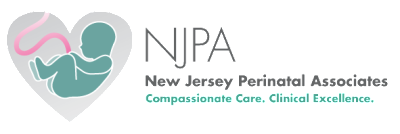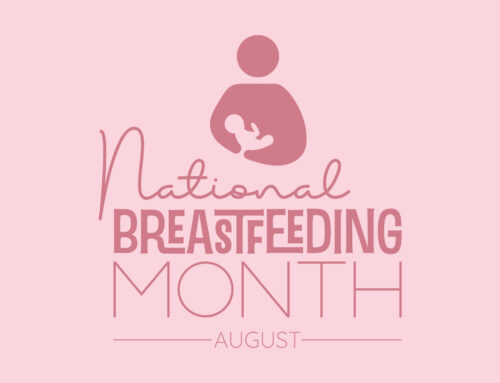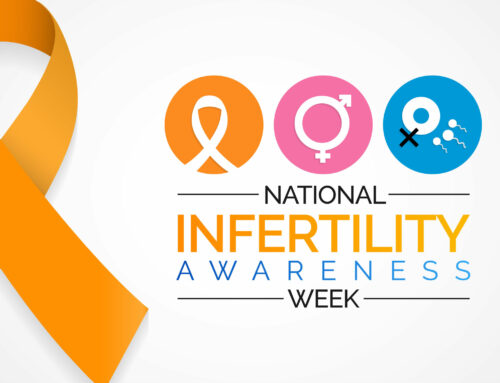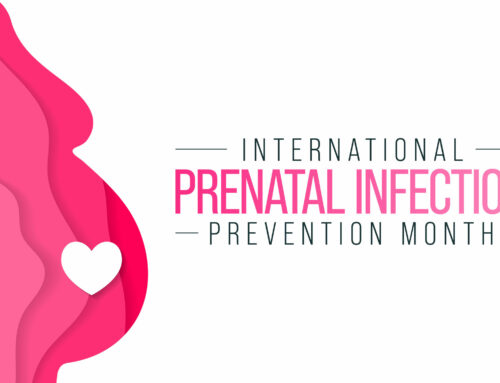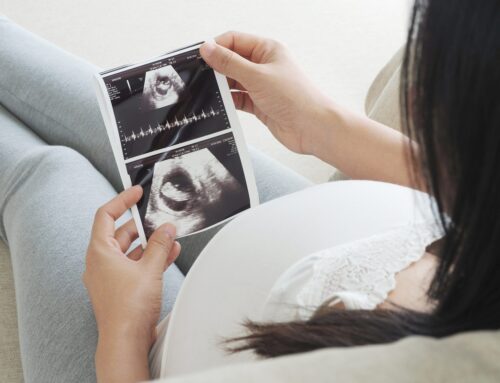
Intrahepatic cholestasis of pregnancy (ICP), or obstetric cholestasis (OC), is a serious liver disorder that can develop during pregnancy. ICP causes bile acids to build up in the blood, creating a high risk to unborn babies. During June, ICP Awareness Month, we honor each baby lost to ICP and support the mothers who have experienced tragic loss due to this condition. At New Jersey Perinatal Associates, we strive to raise awareness and educate people about ICP, giving women convenient access to proper testing, medication, and any other resources they need to save their baby’s life.
What is Intrahepatic Cholestasis of Pregnancy?
Intrahepatic cholestasis of pregnancy is the most common liver condition that affects women during pregnancy. The liver produces a fluid called bile that helps the body break down fats and get rid of toxins and waste. ICP slows the normal flow of bile, causing bile to build up in the liver. This buildup can cause chemicals known as bile acids to spill into your blood and tissues, leading to severe itching and other symptoms.
ICP usually starts toward the end of pregnancy – the third trimester – but it can happen at any time. The condition affects about 1 to 2 in 1,000 pregnant women in the United States, and it’s more common in Latina women. ICP tends to run in families but can happen even if there is no family history of the condition. ICP can be uncomfortable and distressing, but it does not have any serious consequences for your or your baby’s health.
Common Signs and Symptoms of ICP
The main symptom of intrahepatic cholestasis of pregnancy is itching, usually without a rash. You may itch all over your body but, for many women, it is more noticeable on the hands and feet and tends to be worse at night. Other symptoms of ICP may include:
- Dark urine
- Light-colored bowel movements
- Jaundice
- Loss of appetite
- Nausea
- Pain in the upper right abdomen
If you are experiencing itching, particularly more in the evenings or at night, find your nearest NJPA location and schedule an appointment with one of our highly skilled perinatologists to check for ICP.
Diagnosis and Treatment of ICP
To diagnose ICP, your doctor will discuss your medical and family history and conduct a physical exam. They may also order blood tests to check your liver function (LFT) and measure your bile acid levels (BA). These tests help to determine the amount of bile acid and other chemicals in your blood and show how well your liver is working.
When your baby is born, your ICP will get better over time. Although no specific treatment is available to lower your bile acid levels, there are ways to relieve your itching and discomfort. Your doctor may recommend the following:
- Skin creams such as aqueous, with or without menthol
- Antihistamines, which may help you sleep through the night
- Taking cool baths
- Wearing loose-fitting cotton clothing
What Risks Are Associated With ICP?
If you are diagnosed with ICP, it is important to seek care from a perinatologist since your pregnancy may be considered high-risk. Initially, you will be given regular blood tests to monitor your condition. They may become more or less frequent depending on the results and your symptoms. While ICP is not life-threatening, it can lead to several complications. These include preterm birth, respiratory distress syndrome (RDS), meconium passage, and preeclampsia. Some studies have shown that babies whose mothers have ICP also have a higher chance of being stillborn.
Because of the link with stillbirth, your doctor may recommend inducing labor rather than waiting to go into labor naturally. The American College of Obstetricians and Gynecologists (ACOG) suggests women have their babies before 37 weeks and seven days of pregnancy. Inducing labor is when your doctor gives you medicine or breaks your water (amniotic sac) to make your labor begin. At NJPA, we will discuss your options so that you can make an informed decision about how you give birth.
High-Risk Pregnancy Care in New Jersey
At NJPA, our team proudly offers expert care for expectant mothers to have a safe pregnancy from preconception to delivery. We will work closely with you to understand your situation and needs and develop a personalized treatment plan. If you’re pregnant and you suspect you have ICP, don’t wait to find out. Contact us to schedule a consultation at one of our convenient office locations in NJ to receive an accurate diagnosis or learn more about our full range of services today!
